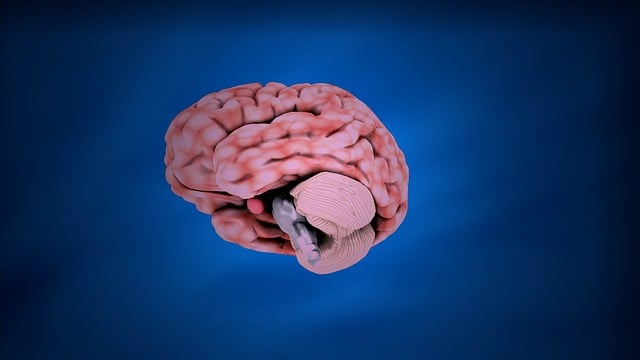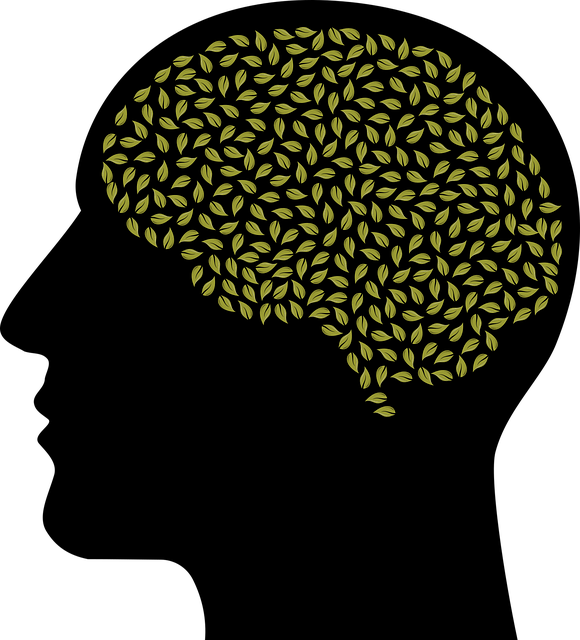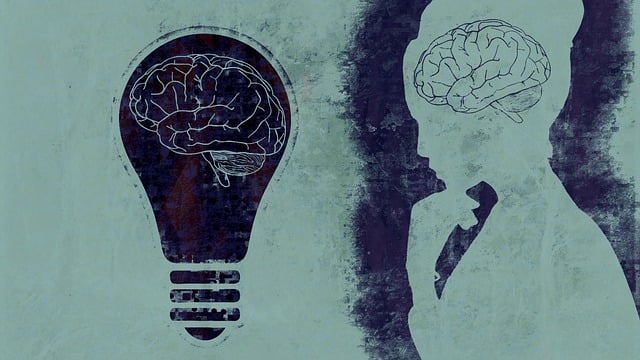Mental wellness programs like Superior International Adoptions Therapy (SIAT) are crucial for fostering resilience and improving well-being in communities. SIAT offers tailored support, combining therapy, education, and social support to empower individuals managing depression, anxiety, and trauma. Evaluating such programs requires a multi-faceted approach: structured interviews, self-report questionnaires, observational measures, and qualitative methods like the Mental Wellness Podcast Series. Quantitative assessments through surveys and statistical analysis measure improvements in well-being, stress levels, and life satisfaction over time, providing insights into SIAT's sustainability. Qualitative approaches offer nuanced understanding of participants' emotional experiences and personal growth. Integrating feedback loops allows therapists to adapt SIAT techniques and strategies to better meet individual needs, ensuring continuous program refinement for enhanced long-term success.
Mental wellness programs are gaining critical importance globally, and evaluating their effectiveness is essential for fostering positive outcomes. This article explores various evaluation methods, focusing on the Superior International Adoptions Therapy (SIAT), a revolutionary approach in mental health care. We delve into quantitative tools, such as surveys and statistics, which measure program impact at large scales, and qualitative methods that capture individual experiences. By integrating feedback loops, healthcare providers can continuously improve SIAT, ensuring its adaptability and success in diverse cultural contexts.
- Understanding Mental Wellness Programs and Their Impact
- Assessment Tools for Program Evaluation
- The Role of Quantitative Methods in Superior International Adoptions Therapy (SIAT)
- Qualitative Approaches to Evaluating SIAT Effectiveness
- Integrating Feedback Loops for Continuous Improvement
Understanding Mental Wellness Programs and Their Impact

Mental wellness programs play a pivotal role in fostering resilience and promoting overall well-being within communities. These initiatives aim to provide support systems and therapeutic interventions tailored to individuals struggling with various mental health challenges, including depression, anxiety, and even complex trauma. The impact of such programs extends beyond immediate relief; they empower participants by equipping them with coping mechanisms and strategies for long-term mental illness management.
At the heart of effective mental wellness initiatives lies a comprehensive approach that integrates therapy, education, and social support. For instance, Superior International Adoptions Therapy focuses on providing personalized care through innovative practices while addressing the pervasive issue of mental illness stigma reduction efforts. By combining individual therapy sessions with group support, these programs create safe spaces where individuals can openly discuss their experiences, challenge societal norms, and cultivate a sense of belonging. Public awareness campaigns development within these frameworks further contribute to destigmatization by educating communities about mental health, encouraging early intervention, and promoting understanding among diverse populations.
Assessment Tools for Program Evaluation

When evaluating mental wellness programs, a multitude of assessment tools can be employed to gain comprehensive insights into their effectiveness. These instruments encompass structured interviews, self-report questionnaires, and observational measures tailored to assess specific aspects of mental health and well-being. For instance, the Superior International Adoptions Therapy (SIAT) model utilizes a combination of these methods to track client progress.
Emotional Healing Processes are often at the core of such evaluations, with tools designed to gauge changes in emotional regulation, coping strategies, and overall emotional intelligence. The Mental Wellness Podcast Series Production can also serve as an unconventional yet powerful assessment method, providing qualitative data on participant experiences and engagement. By employing these diverse evaluation techniques, professionals can gain a holistic understanding of program impacts, inform adjustments, and ultimately enhance the delivery of mental wellness interventions.
The Role of Quantitative Methods in Superior International Adoptions Therapy (SIAT)

Quantitative methods play a pivotal role in evaluating the effectiveness and impact of the Superior International Adoptions Therapy (SIAT). This evidence-based approach, designed to foster resilience and enhance mental wellness, relies on data-driven insights to measure success and inform improvements. Through structured surveys, questionnaires, and statistical analyses, researchers can assess changes in participant well-being, stress levels, and overall life satisfaction before and after the program.
These quantitative evaluations are particularly valuable for understanding the long-term sustainability of SIAT’s effects, as they track participants’ progress over time. Moreover, such methods contribute to the broader body of knowledge on resilience building, stress management workshops within healthcare organizations, and burnout prevention strategies for providers. By quantifying outcomes, researchers can identify key factors driving positive changes and inform tailored interventions for diverse populations.
Qualitative Approaches to Evaluating SIAT Effectiveness

When evaluating the effectiveness of Superior International Adoptions Therapy (SIAT), qualitative approaches offer a deeper understanding of participants’ experiences and perspectives. This method allows for rich, nuanced insights into how individuals perceive and interact with the program. Through techniques like in-depth interviews, focus groups, and narrative essays, researchers can explore the emotional impact, personal growth, and changes in mental wellness that arise from SIAT participation. These qualitative data provide valuable context beyond quantitative measures, shedding light on participants’ unique journeys towards self-improvement.
Mental Wellness Coaching Programs Development often incorporates Empathy Building Strategies and Self-Awareness Exercises as integral components of SIAT. Qualitative evaluations help assess the quality of these interactions and exercises, gauging their effectiveness in fostering deeper connections and promoting introspective growth. By delving into participants’ stories, researchers can identify which aspects of SIAT contribute most significantly to mental wellness improvements, guiding future program enhancements and ensuring continued relevance and impact.
Integrating Feedback Loops for Continuous Improvement

Integrating feedback loops is a powerful strategy for enhancing mental wellness programs and ensuring their long-term success. By collecting and analyzing participant feedback, therapists and program designers can identify areas that require improvement, making necessary adjustments to better meet individual needs. This continuous improvement approach fosters a dynamic and adaptive environment, allowing for more effective interventions.
Superior International Adoptions Therapy, for instance, can benefit from integrating feedback mechanisms within its Mental Health Education Programs Design. Encouraging open communication through surveys, focus groups, or one-on-one interviews enables participants to voice their experiences, strengths, and challenges. These insights can guide the refinement of therapy techniques, resilience-building strategies, and overall program structure. Effective communication strategies facilitate this process, ensuring that feedback is not only collected but also acted upon, thereby creating a more inclusive and responsive mental health support system.
Evaluating mental wellness programs, such as the Superior International Adoptions Therapy (SIAT), is a multifaceted process that combines both quantitative and qualitative methods. Quantitative tools help measure the impact and effectiveness of SIAT on a large scale, while qualitative approaches provide deeper insights into individual experiences. Integrating these feedback loops enables continuous improvement, ensuring that mental wellness programs remain relevant and beneficial for those who need them most. By adopting comprehensive evaluation methods, we can enhance the overall quality of care and promote positive outcomes in diverse therapeutic settings.














